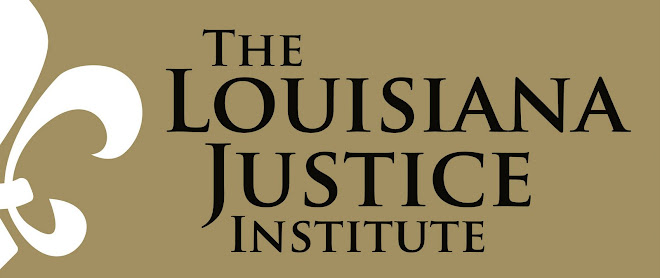
Last week, the Southern Regional and Louisiana Offices of the Children’s Defense Fund (CDF) sent a delegation of over 140 people to Washington DC to present to Congress the findings of a two-year report on the plight of displaced residents from New Orleans and the Gulf Coast region as a result of Hurricane Katrina. The report, What It Takes to Rebuild a Village after a Disaster: Stories from Internally Displaced Children and Families of Hurricane Katrina and Their Lessons for Our Nation, is the result of a two-year effort sponsored by the CDF’s Southern Regional and Louisiana Offices and the W.K. Kellogg Foundation. The initiative produced the Katrina Citizens Leadership Corps (KCLC), a group of over 250 displaced residents whose stories are told in the report.
The report explicitly challenges the current model for disaster recovery, governed by the Robert T. Stafford Disaster Relief and Emergency Act (commonly known as the Stafford Act) which denies an individual harmed by a natural disaster the legal right to claim assistance or compensation for loss. As an alternative, the report stresses the solutions under international law – specifically the U.N. Guiding Principles on Internal Displacement - which provide for much fuller protection.
Louisiana Justice Institute director Tracie Washington is a co-writer of the report, and accompanied the delegation, made up of KCLC members, public officials and others, to Washington, DC from September 22nd to the 24th. In discussing the report and the issues it raises, Washington said, “Why have so many of our students not returned to our schools? Why is our healthcare situation in a state of chaos? Why are renters suffering from oppressively high rents, easily double the pre-Katrina rates?”
The problem, according to Washington and others, is the lack of rights accorded under US law. “An elected officials’ promise means absolutely nothing unless a ‘right’ is bestowed along with it,” says Washington. “And the people of the Gulf Coast who suffered as a result of Katrina had no right to recovery.”
Among those traveling to Washington were Mary Joseph, Director of CDF’s Louisiana Offices; Dr. Millie Charles, former Dean of Social Work at Southern University in New Orleans; Lourdes Moran, with the Orleans Parish School Board; and Oleta Fitzgerald, Director of CDF’s Southern Regional Office. Several elected officials from Baton Rouge made the trip, as well as Mayor Harold Rideau of Baker, Louisiana. Baker was the home of the largest trailer park for Katrina evacuees in the US, an area that was known as Renaissance Village.
The delegation’s agenda included attendance at the Congressional Black Caucus’ opening session on Capitol Hill, Wednesday morning, September 23rd. Speakers included CBC Foundation President, Dr. Elsie Scott; CBC Foundation Chair, Congressman Kendrick Meek; Congresswoman Barbara Lee; and Speaker, Nancy Pelosi, U.S. House of Representatives. The opening session was followed by a series of panel discussions featuring, among others, Marian Wright Edelman, National Director of the Children’s Defense Fund; PolicyLink’s Angela Glover; and National Urban League President, Marc Morial. The day closed with a KCLC reception that evening at the National Council of Negro Women.
On Thursday morning, September 24th, KCLC members presented the report and their recommendations at a Congressional Briefing. Later that afternoon, Mary Joseph and other delegation members met with Louisiana Senator Mary Landrieu.
We hope our legislators got the message.
(Thanks to nola.tv for their coverage of the delegation).

No comments:
Post a Comment